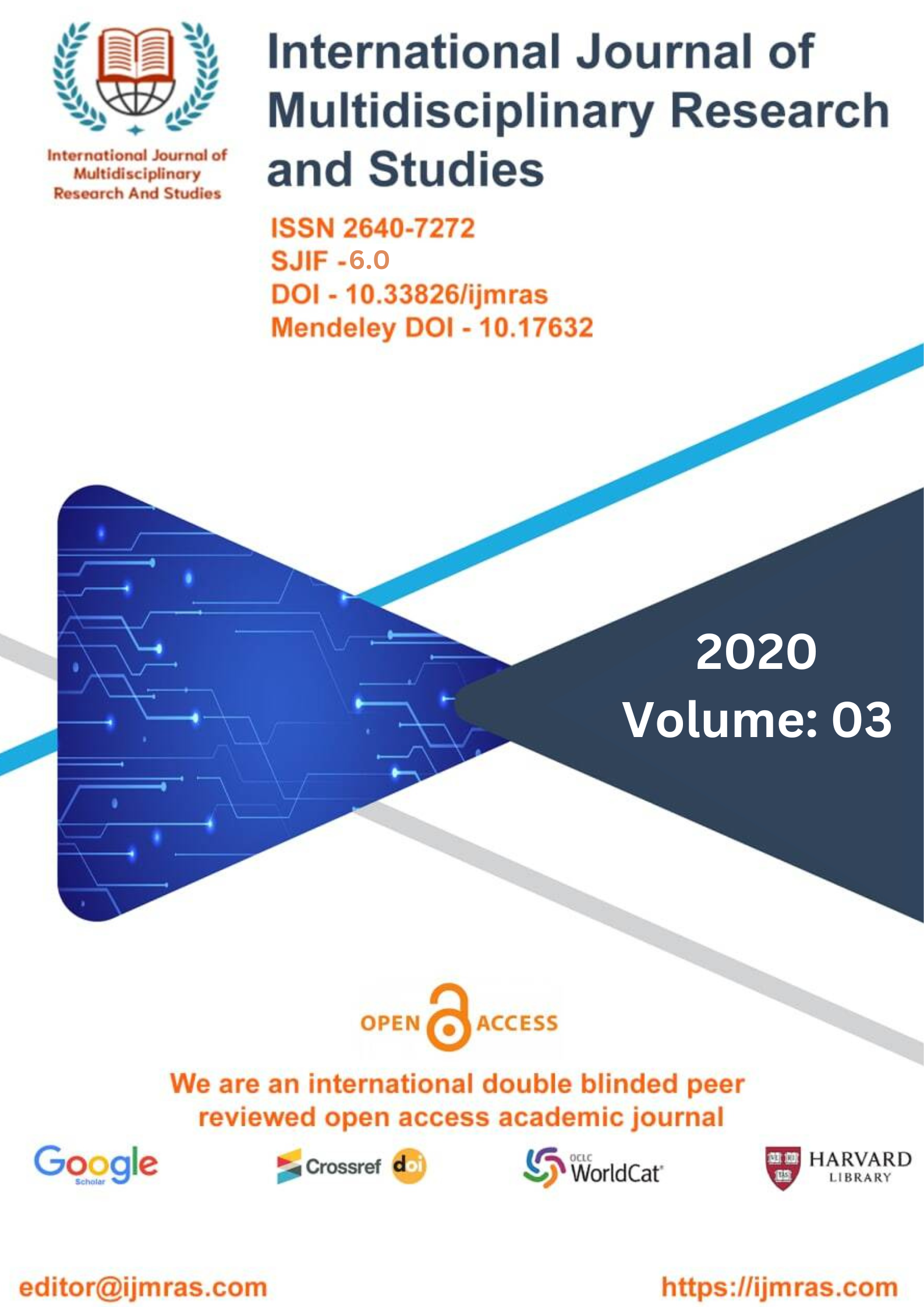TISSUE CULTURE STUDY OF ANY PULSE CROP FOR CALLUS INDUCTION

Abstract
In the majority of crop breeding efforts, the rate of yield increment is inadequate to meet the rising demand for food that is being driven by the fast-increasing population throughout the world. The extremely lengthy lifetime of the crop poses a barrier in the way of enhanced crop variety creation in plant breeding due to the fact that there is not enough time. It is possible that developing a new cultivar will take between one and twenty years due to the several processes of crossing, selecting, and testing that are required in the development of new plant types. Rapidly developing superior plant varieties is one strategy that might help alleviate the challenges associated with a lack of food and increase the level of food security. The traditional agricultural practises that have been used for a considerable amount of time have led to a reduction in the genetic variety of crops. Several conventional and molecular methods have been utilized, such as genetic selection, mutagenic breeding, somaclonal variations, whole-genome sequence-based approaches, physical maps, and functional genomic tools, in order to improve agronomic traits associated with yield, quality, and resistance to biotic and abiotic stresses in crop plants. These methods include genetic selection, mutagenic breeding, and somaclonal variations.
Keywords
Culture, Study, Traditional, AgriculturalHow to Cite
References
BBS, 2006. Monthly Statistical Bulletin-Bangladesh. Bangladesh Bureau of Statistics, Planning Division, Ministry of Planning, Government of the People’s Republic of Bangladesh. Dhaka. p. 558.
BINA, 2004. High yielding variety of blackgram (BINA Mash-1), Bangladesh Institute of Nuclear Agriculture, Annual report June 2004, P. O. Box No. 4, Mymensingh. p. 1.
Das, D. K., Prasanna, B., Prakash, N. S. and Sarin, B. N. 2002. Improvement method of regeneration of blackgram (Vigna mungo L.) through liquid culture. In vitro Cellular
Develop. Biol. Plant., 38(5): 456-459. Geetha, N., Venkatachalam, P. and Rao, G. R. 1997. Plant regeneration and propagation of blackgram [Vigna mungo (L.) Hepper] through tissue culture.
J. Tropic. Agric., 74(1): 73-76. Geetha, N., Venkatachalam, P. and Rao, G. R. 1998. In vitro plant regeneration from shoot tip culture of blackgram (Vigna mungo L. Hepper).
J. Tropic. Agric., 36(1/2): 6-11. Gomez, K. A. and Gomez, A. A. 1984. Statistical Procedude for Agricultural Research. 2nd Edn. Intl. Rice Res. Inst. A willey Int. Sci. Pub., pp. 28-92.
Gowda, C. L. L. and Kaul, A. K. 1982. Pulses in Bangladesh. Joint publication of Bangladesh Agric. Res. Inst. & FAO,
Joydebpur, Dhaka, Bangladesh. Kaul, A. K. 1982. Pulses in Bangladesh. BARC (Bangladesh Agricultural Research Council), Farmgate
Dhaka. P. 27. Khawar, K. M. and Özcan, S. 2002. Effect of Indole-3-Butyric Acid on in vitro Root Development in Lentil ( Lens culinaris Medik.). Turkey J. Bot., 26: 109-111.
Lawn, R. J., Russell, J. S. and Coates, D. B. 1978. Regur: A blackgram (Vigna mungo L. Hepper) cultivar for grain production. J. Australian Inst. Agril. Sci., 44: 112-114.
Mathur, V. L. and Om Prakash. 1997. In vitro studies in Vigna mungo L. Hepper. Legume Res., 20(3/4): 203-206. Meijer, E. G. M. and Broughton, W. J. 1981. Regeneration of whole plants from hypocotyl, root, and leaf derived tissue cultures of the pasture legume Stylosanthes guyanensis.
Physiol. Plant., 52 (2): 280-284. Mian, A. L. 1976. Grow more pulses to keep your pulse well, an Assay of Bangladesh pulses. Dept Agron. BAU. Mym. pp. 11-15.
Murashige, T. and Skoog, F. 1962. A revised medium for rapid growth and bioassays with tobacco tissue cultures. Physiol. Plant., 15: 473-497.
Nakamura, T. and Maeda, E. 1989. Scanning electron microscope study on Japonica type rice callus cultures with emphasis on plantlet initiation.
License
Copyright (c) 2020 ANUPAM KUMARI

This work is licensed under a Creative Commons Attribution 4.0 International License.
Individual articles are published Open Access under the Creative Commons Licence: CC-BY 4.0.




